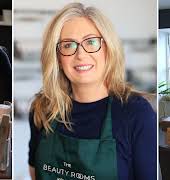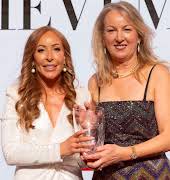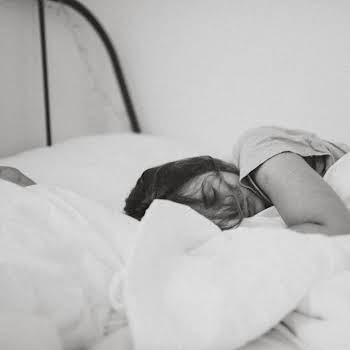By Grace McGettigan
31st May 2018
31st May 2018
It’s hard to believe that in 2018, tampons and pads are still classed as ‘luxury’ items in the United Kingdom. A 5% VAT rate is applied to all sanitary products sold in the country and they don’t come cheap. Research suggests the average British woman spends over £18,000 on sanitary wear in her lifetime. One teenager has had enough.
Amika George, an 18-year-old from England has penned an open letter to Prime Minister Theresa May, calling for her government to provide free menstrual products to all children in receipt of free school meals. Sharing her letter with Glamour.co.uk, Amika began:
“Dear Mrs May,
“One hundred years have passed since the remarkable suffragists fought their relentless and determined battle to establish women as equals in society. Today, we still fight. We fight for equal pay, we fight against harassment, we fight for the right to control and make choices about our bodies.
“Yet today, in the UK, there are women and girls who are denied the most basic and fundamental of human rights; thousands of girls across the country are unable to manage their periods with dignity. This is no longer something we can ignore. Mrs May, this is happening on your watch. This is happening right now.
“Did you know that 137,500 girls missed a day of school last year because they couldn’t afford menstrual products? One in ten girls has been forced to improvise. One in 10 parents have admitted to sending their daughter to school without pads and tampons, and 6% of parents have been so desperate, they’ve resorted to stealing on occasions they couldn’t afford them.”
Amika went on to address poverty among young people; noting the rapid rise in food bank usage and emergency food parcels over the past number of years.
“When families are faced with the ugly choice of eating or buying pads, there isn’t much of a choice at all,” she wrote. “Young girls are often sent to school without adequate protection. They are unable to focus in class, preoccupied by thoughts of whether their period has gone rogue, if they’ll make it out of the classroom stain-free, with their dignity intact. Others are missing school entirely while on their period, impacting their academic progress and attainment. At a time when a girl’s world should be burgeoning with dreams and ambitions, period poverty diminishes her opportunities.”
She goes on to explain how other countries have better systems in place. Ireland, for example, has a 0% VAT rate on menstrual products since Budget 2016. She notes how Kenya repealed its tax on menstrual products; last month the country pledged to distribute pads to each of its 4.2 million schoolgirls in its public schools. Amika adds, “Kerala, a state in Southern India, is handing out period protection for schoolgirls in a bid to keep girls in school when they menstruate.”
However, the teen goes on to say how the UK is lagging behind. “Indeed, your government is still questioning whether period poverty actually exists despite a groundswell of research and evidence,” she says.
“The cost of funding in the UK would be trivial, especially when compared to the monumental £35 billion price tag on Trident; it’s an investment in the future of young people and provides an escape from the clutches of poverty and deprivation that can thwart the lives of future generations. We need better menstrual education in schools for both boys and girls delivered in an empowering tone, stripped of shame and stigma. Girls should feel proud to bleed and know that periods should never be hidden under a cloak of embarrassment and apology.
“We hear the cries for change ringing louder with each day that passes. Today, our collective message is this, no matter what age, race or gender, no child should ever be held back because of her period.”
Photo: BBC Radio





















